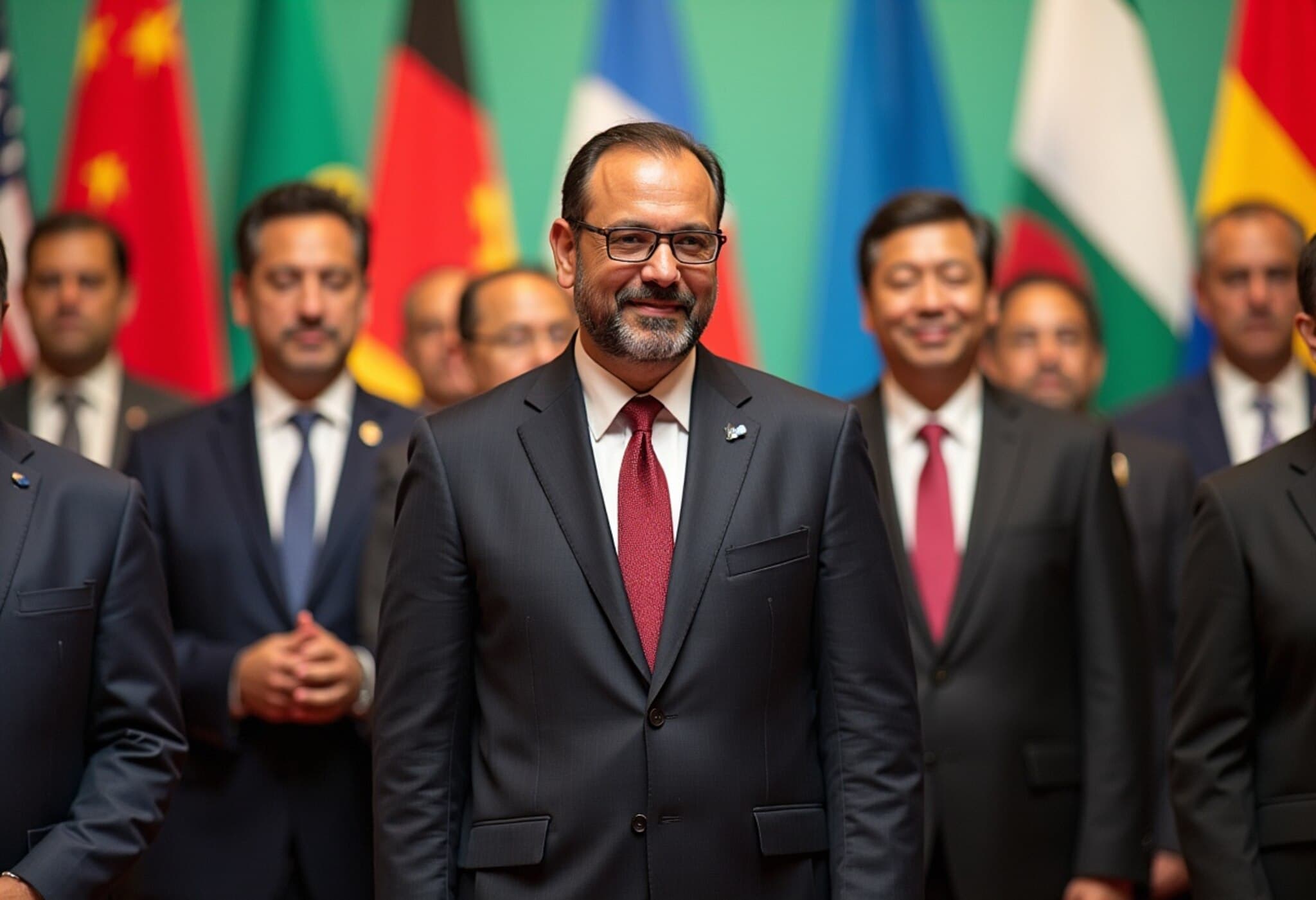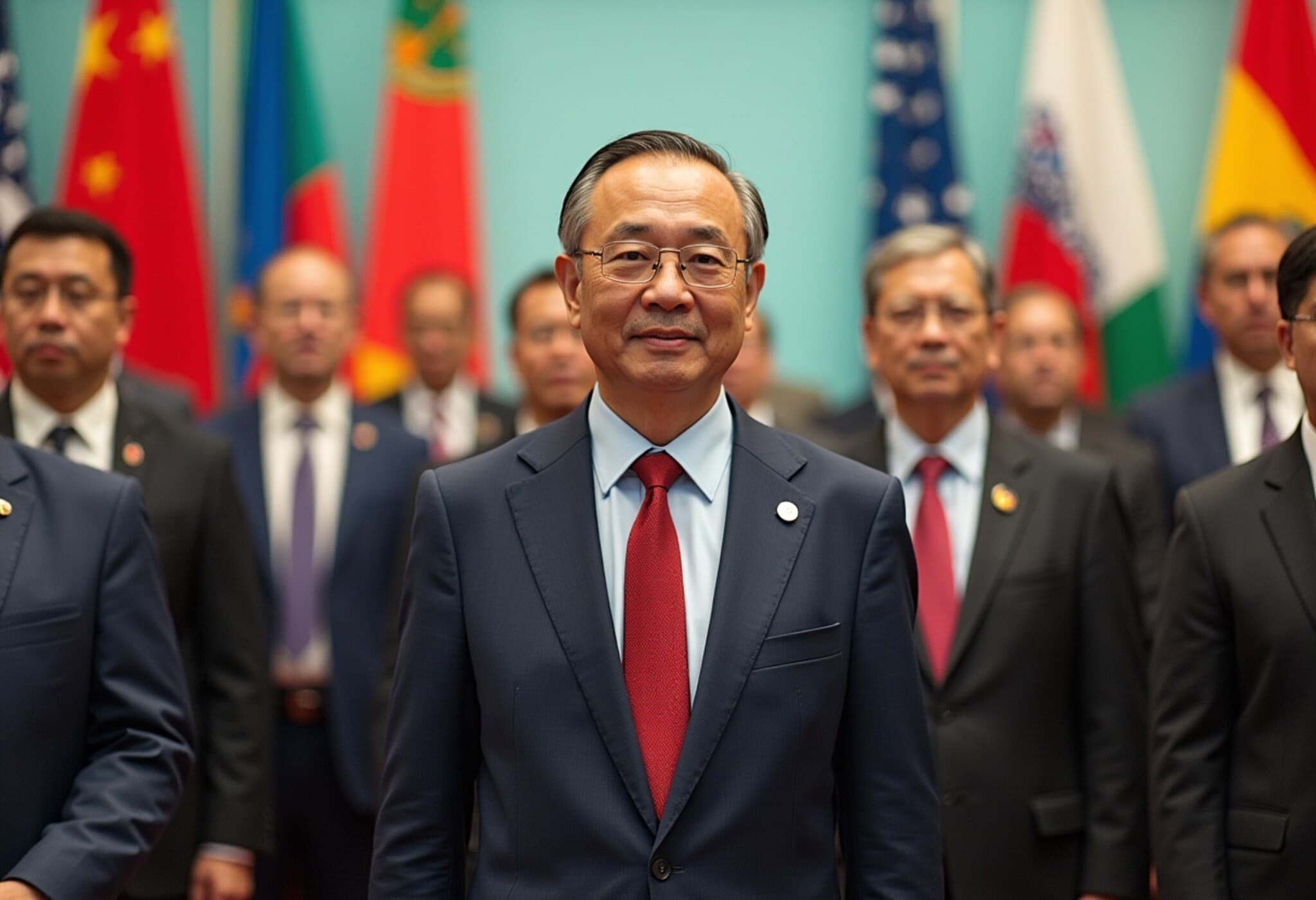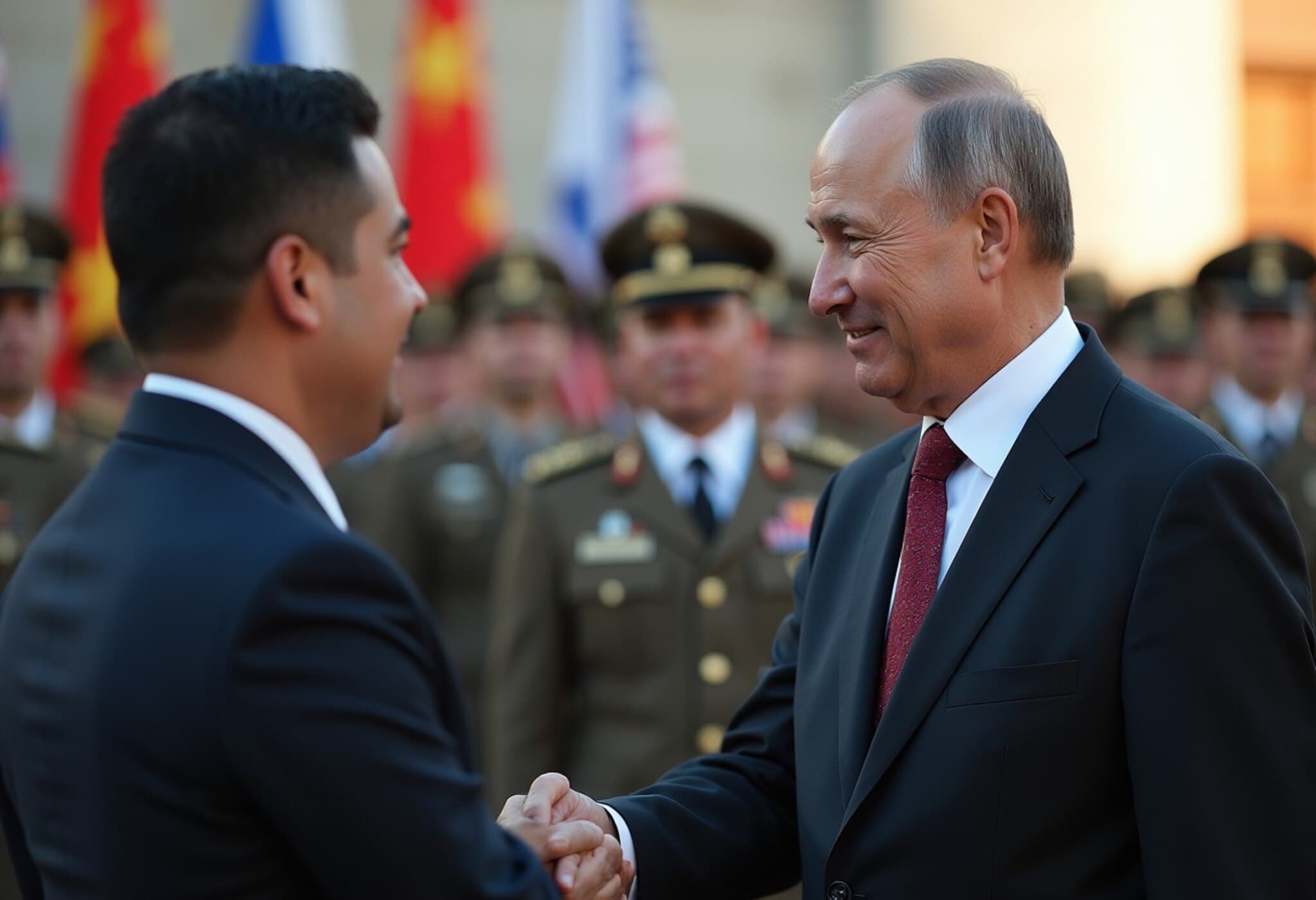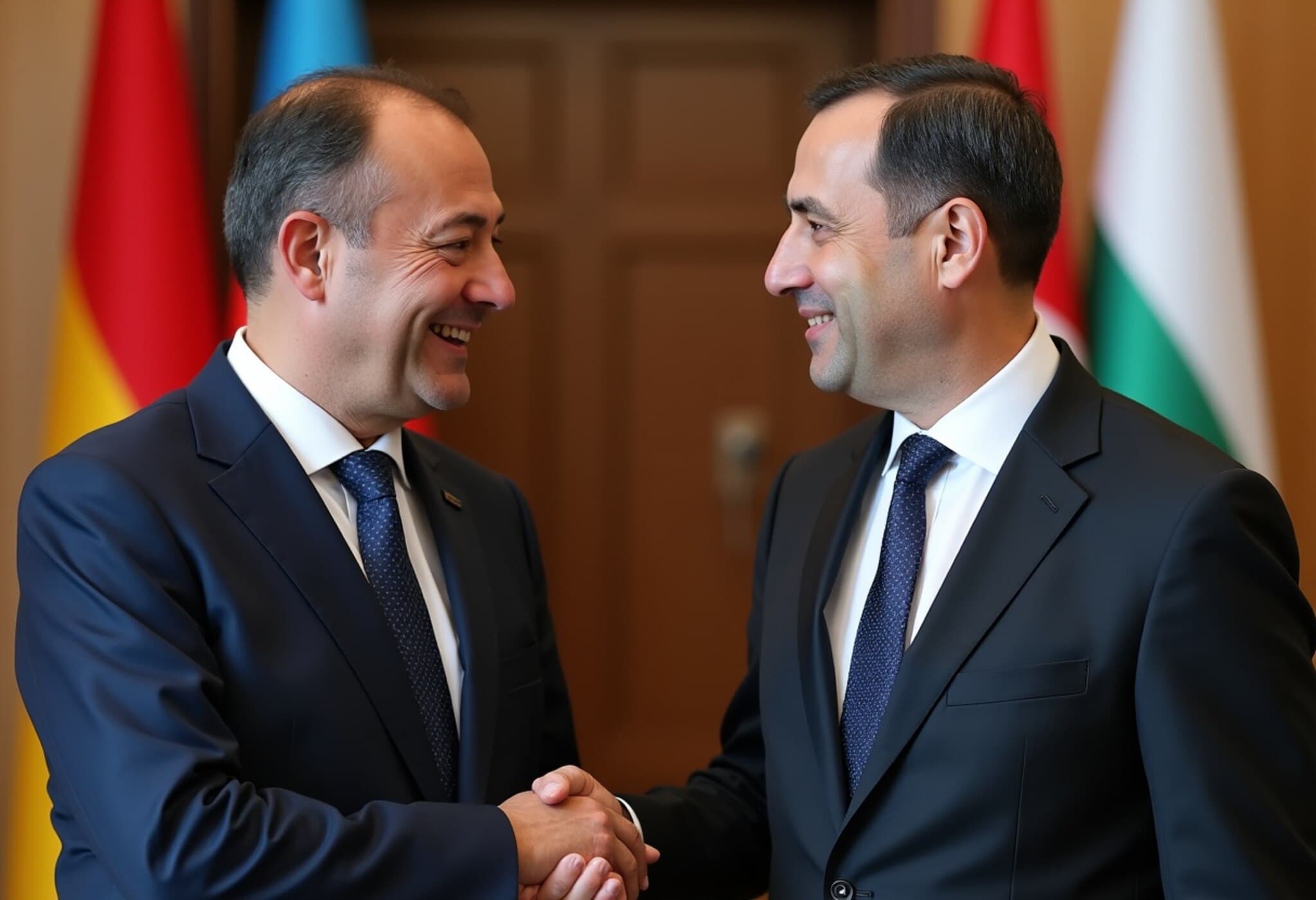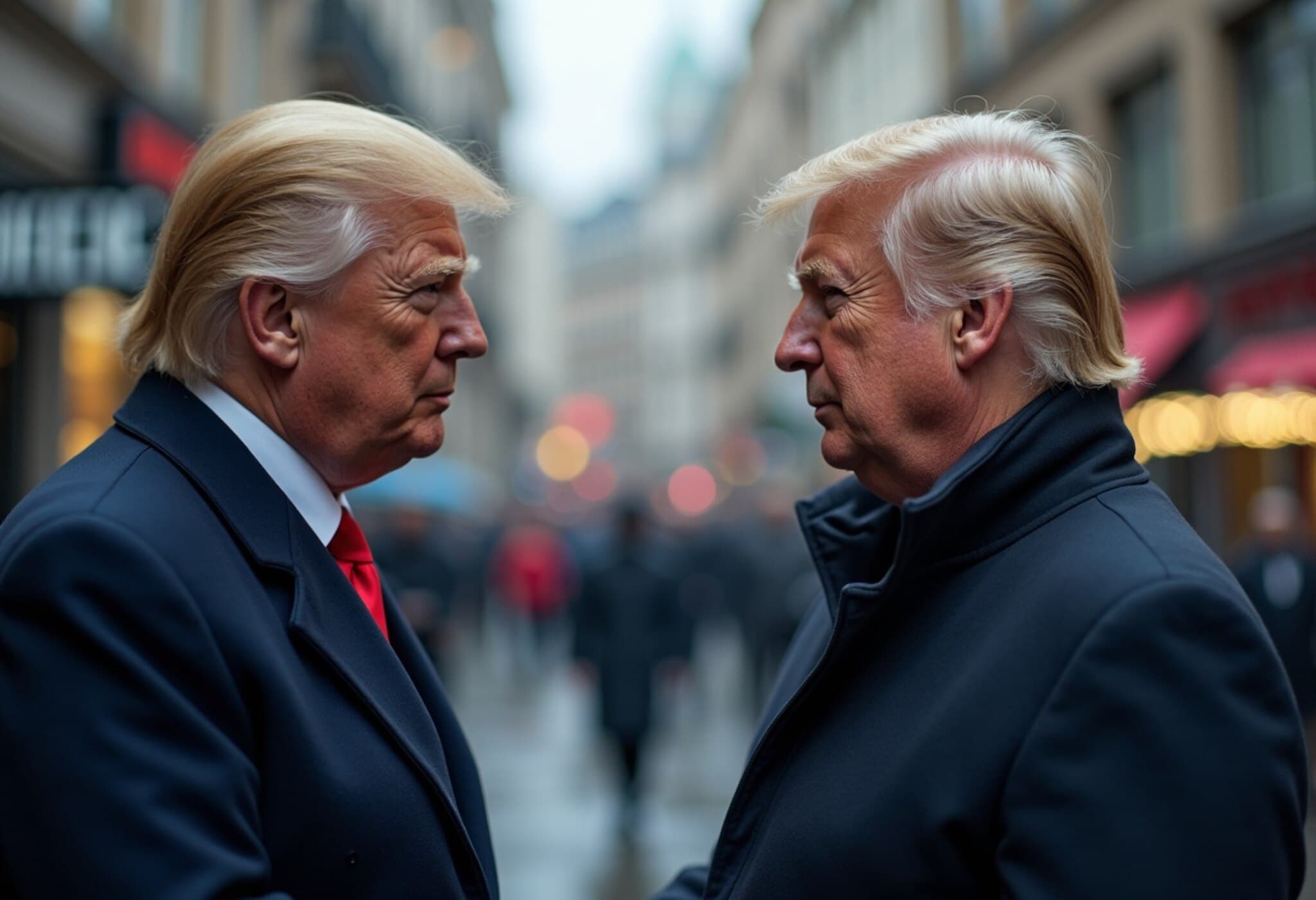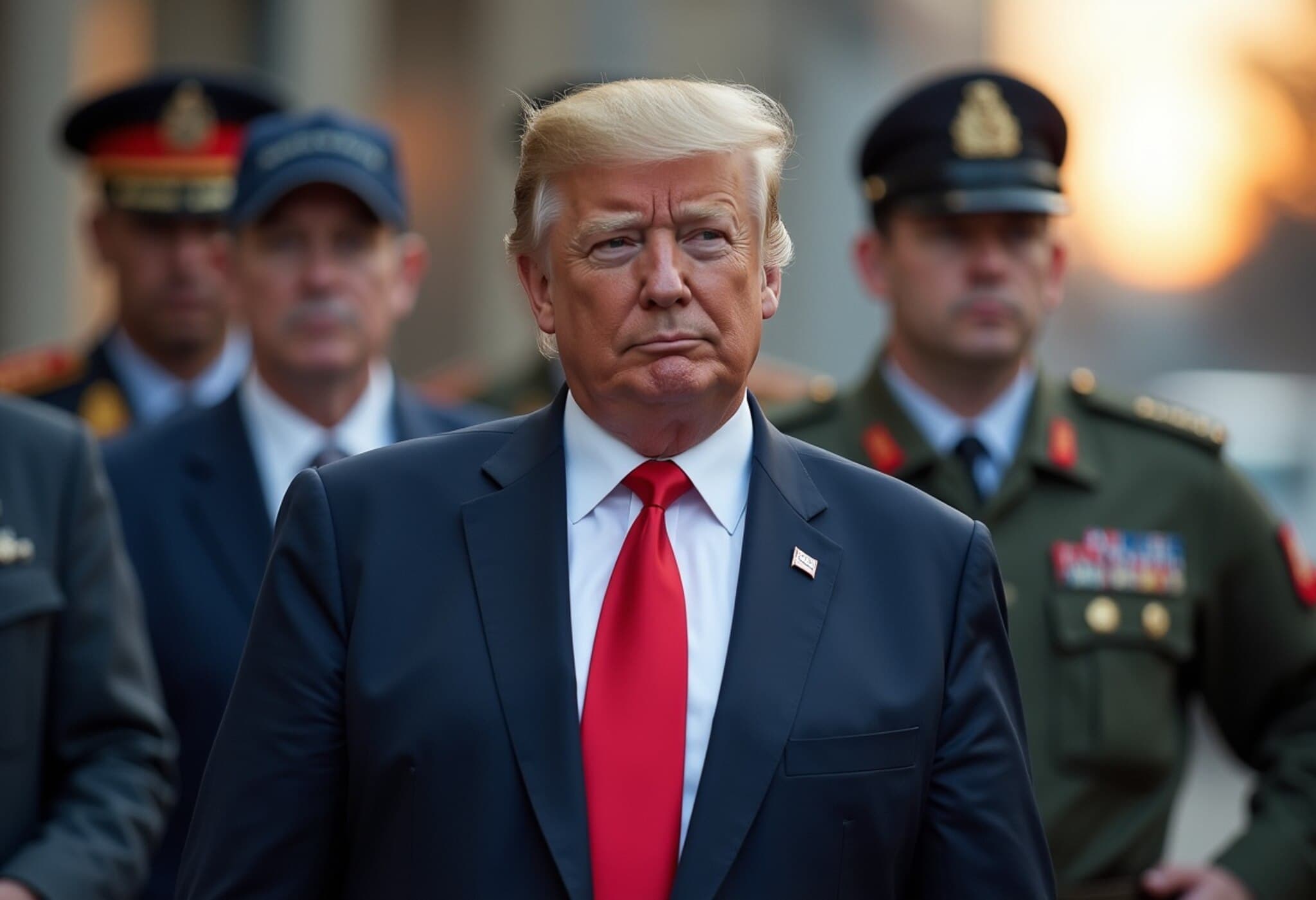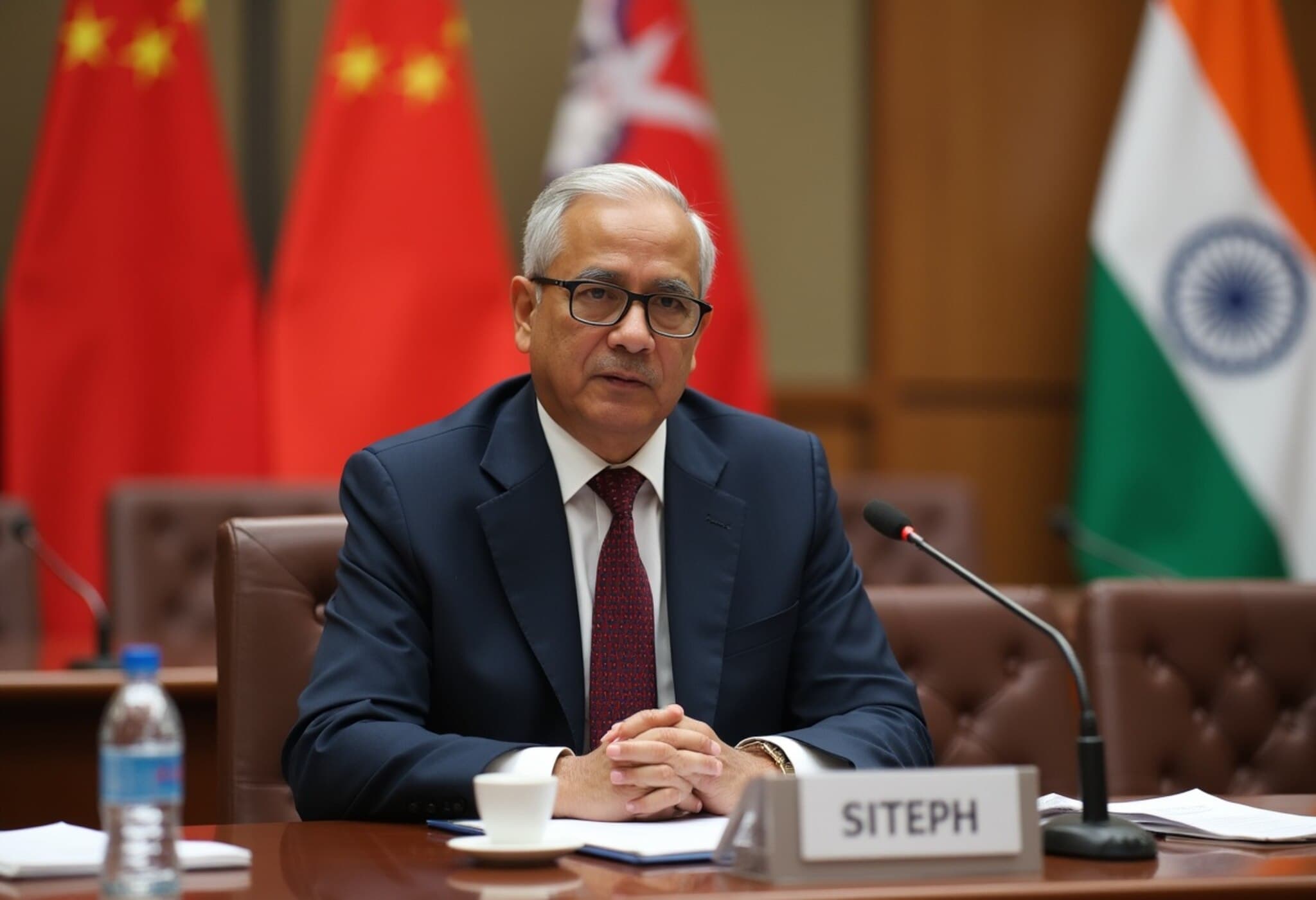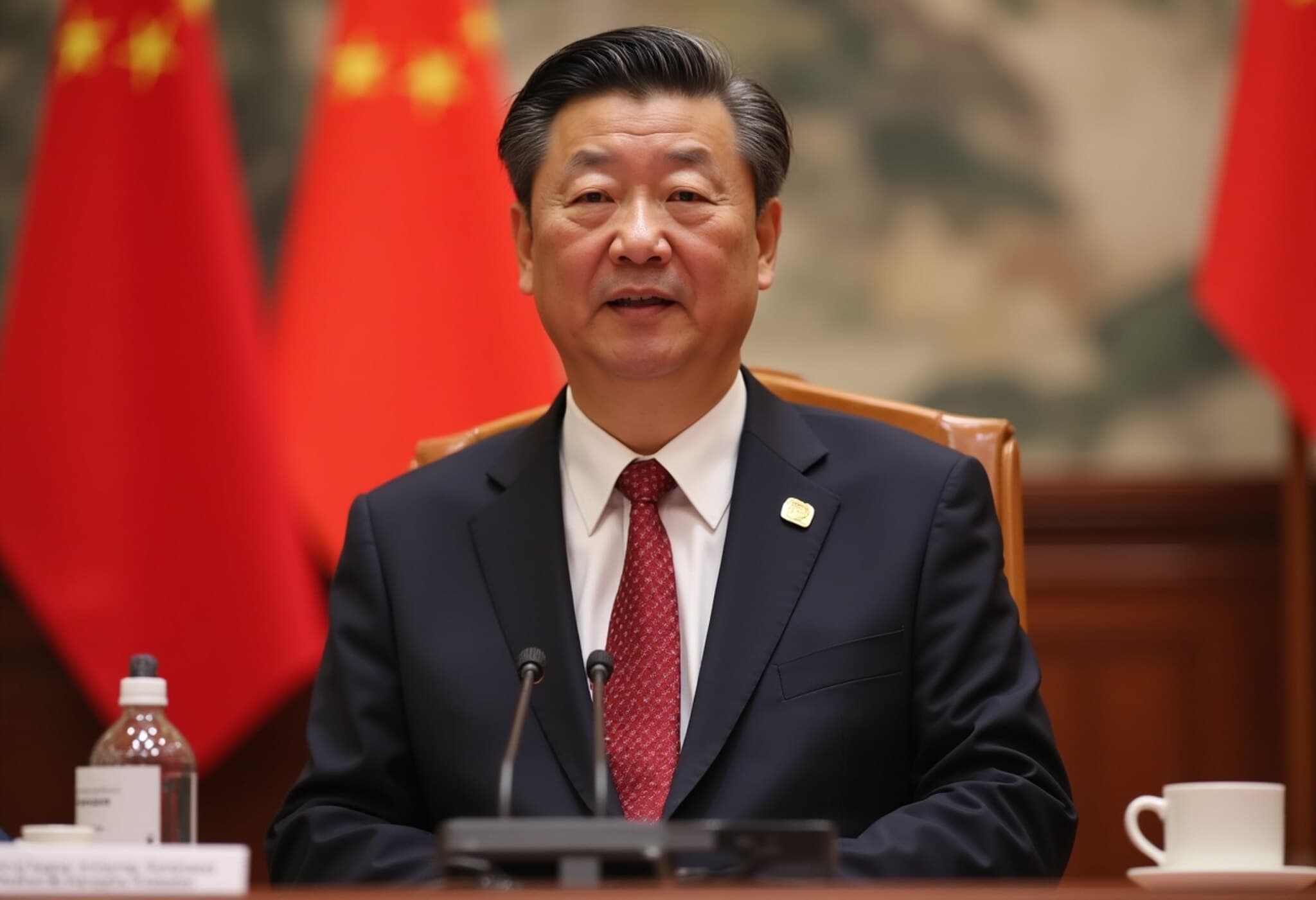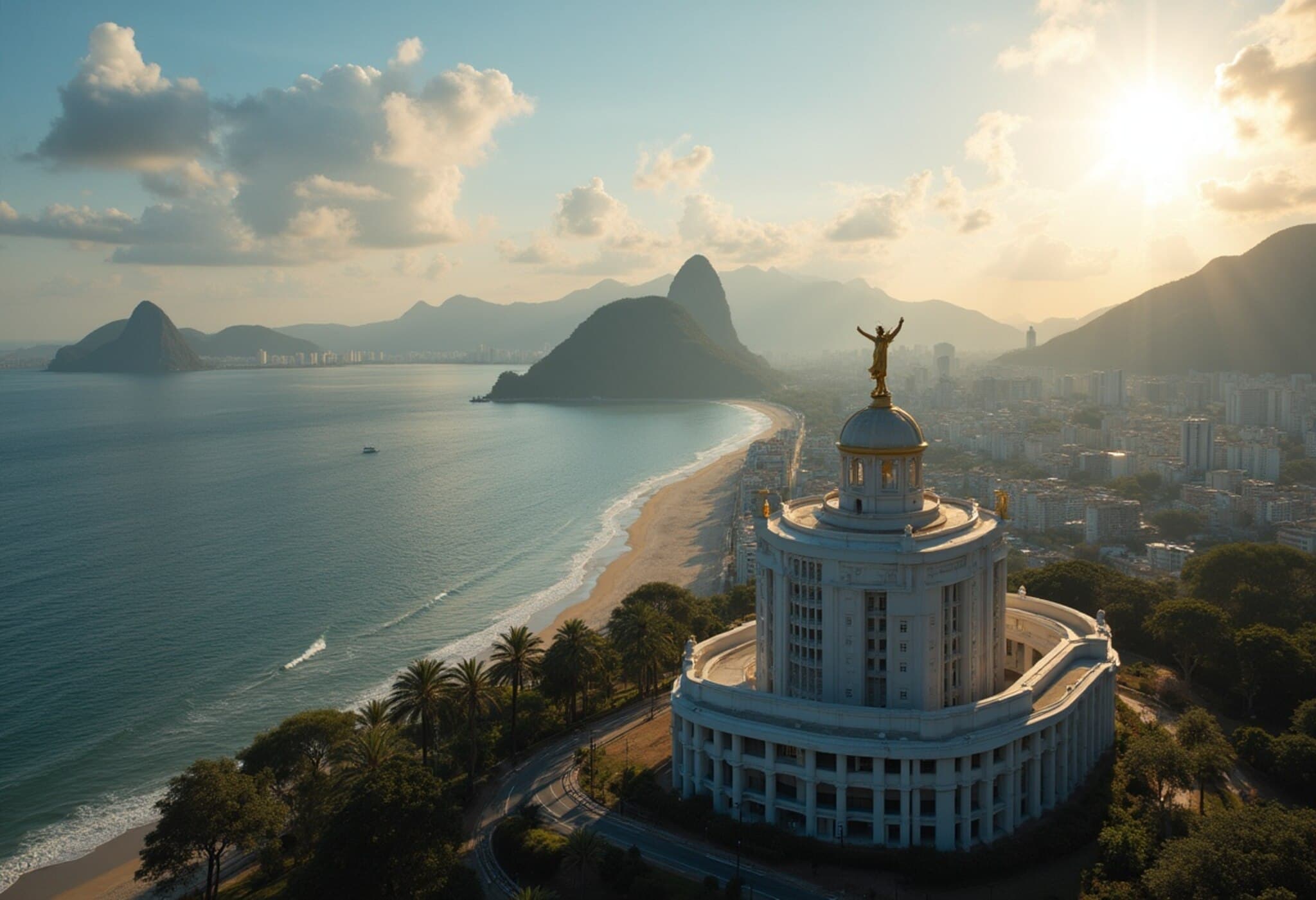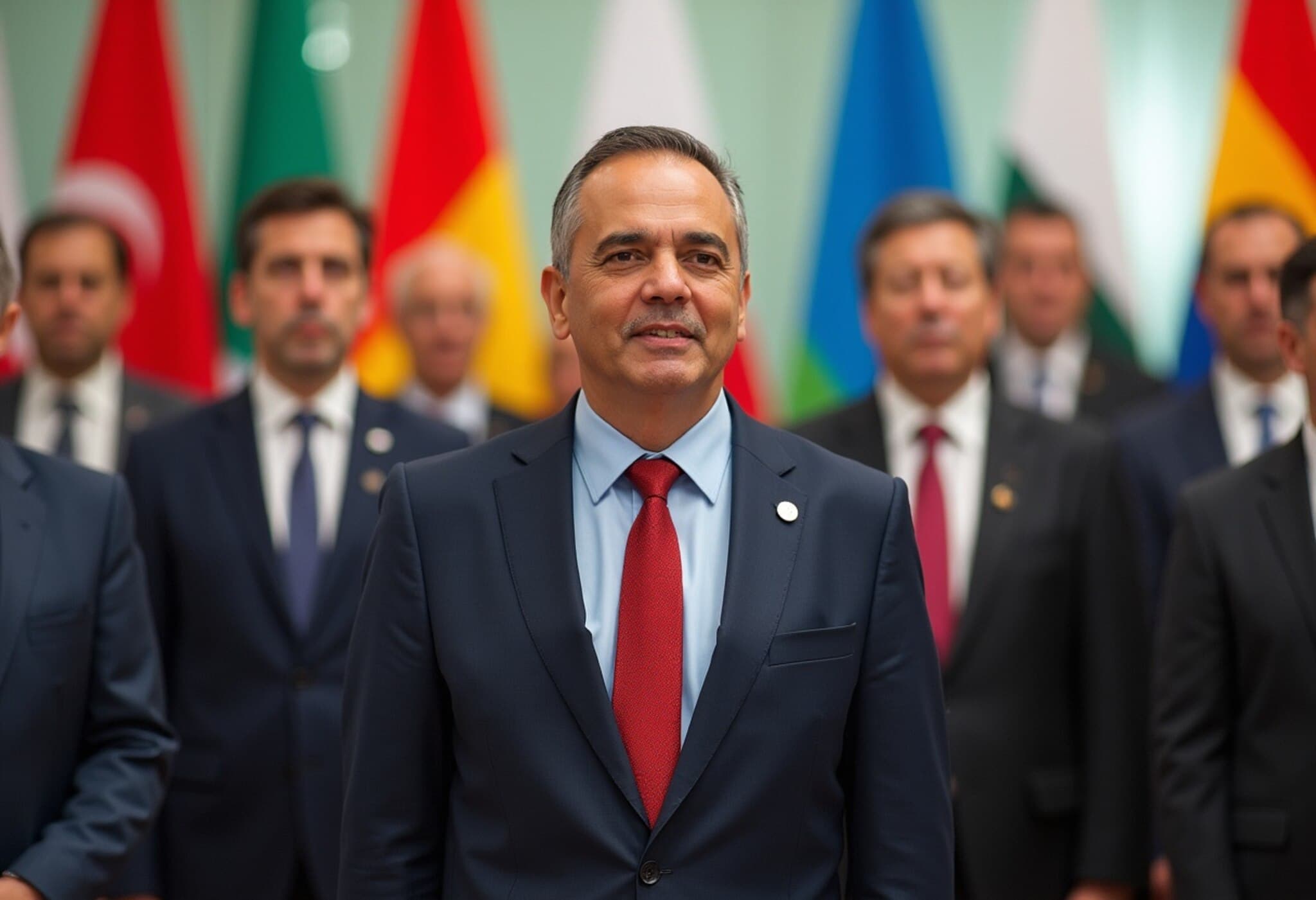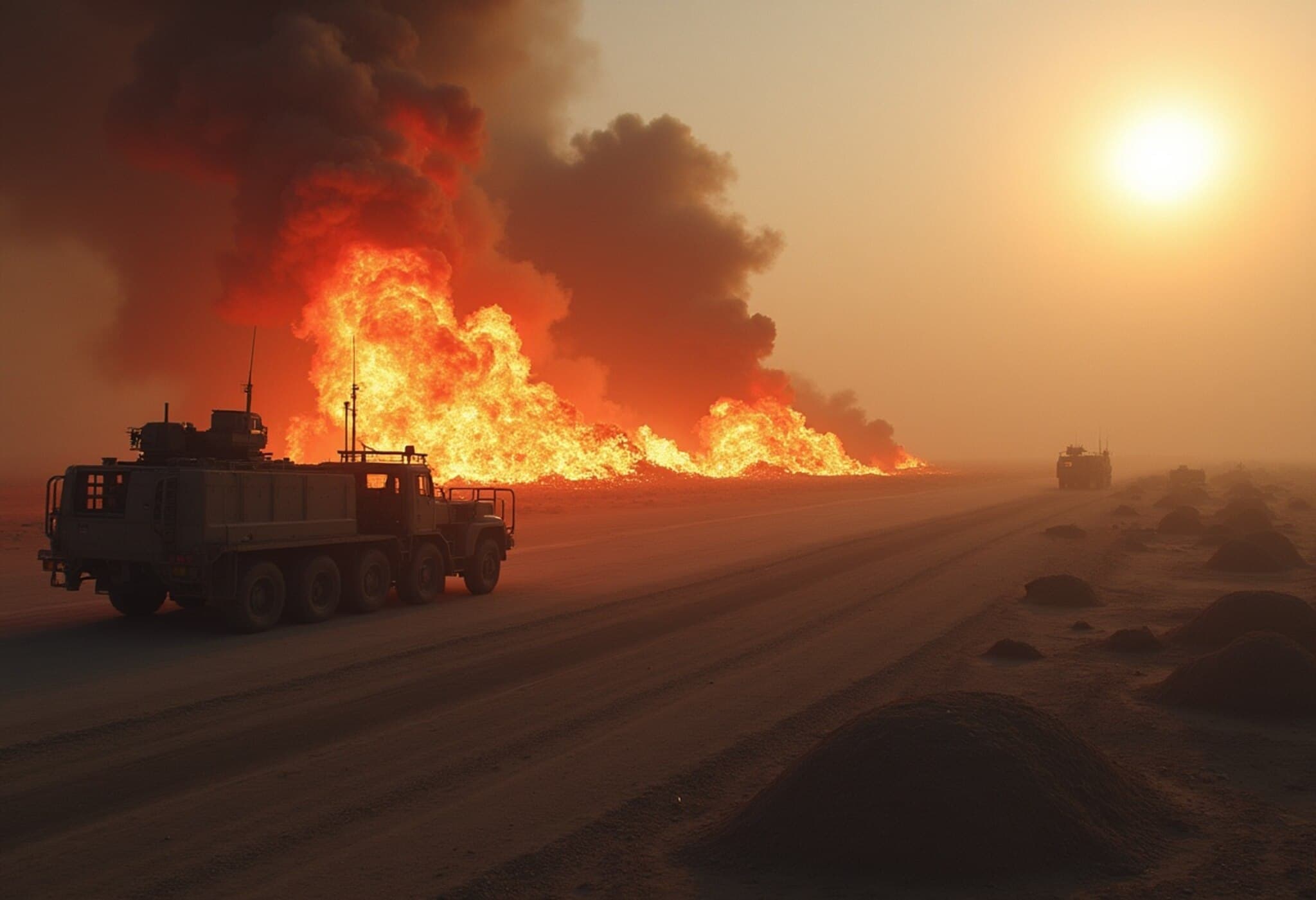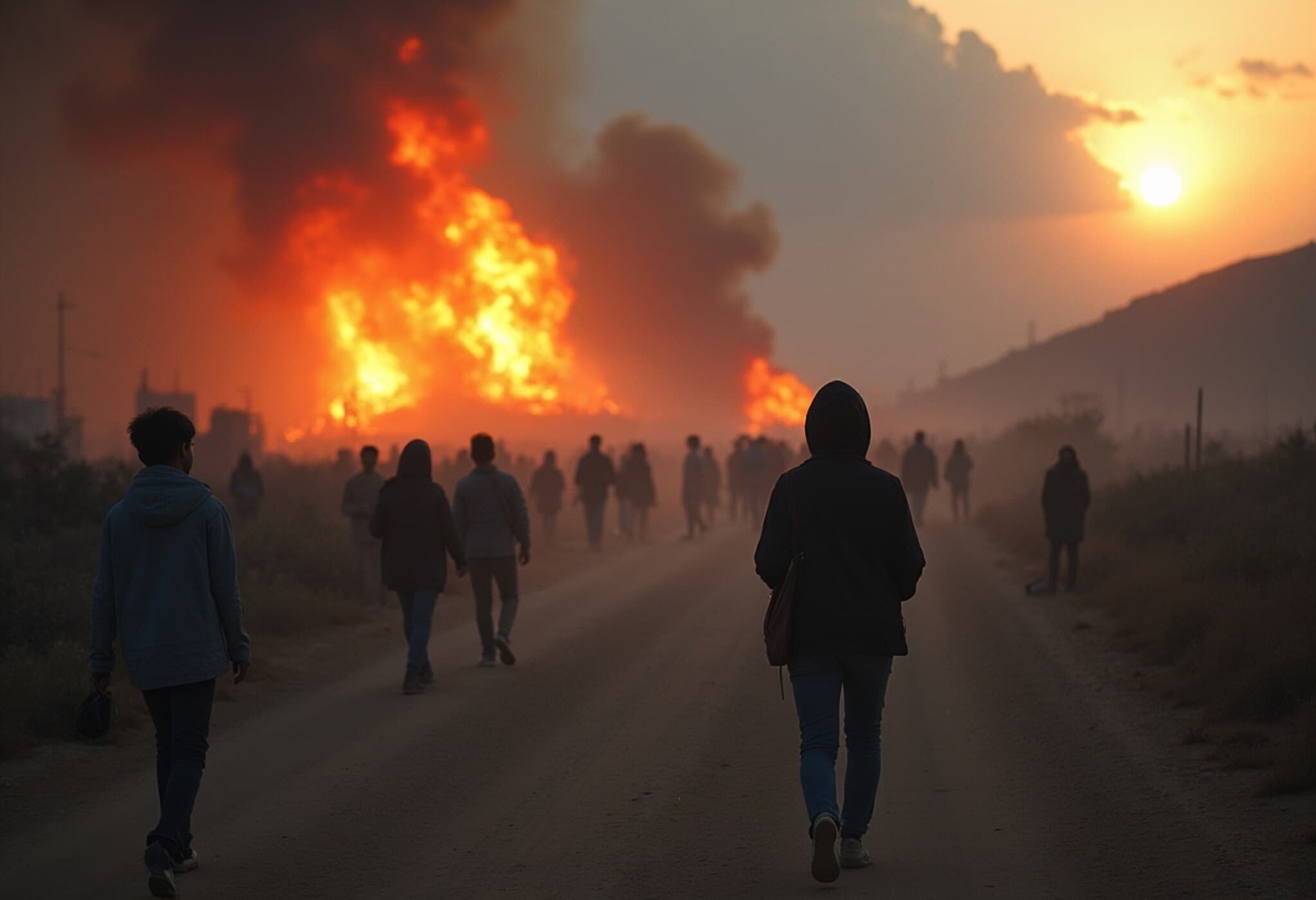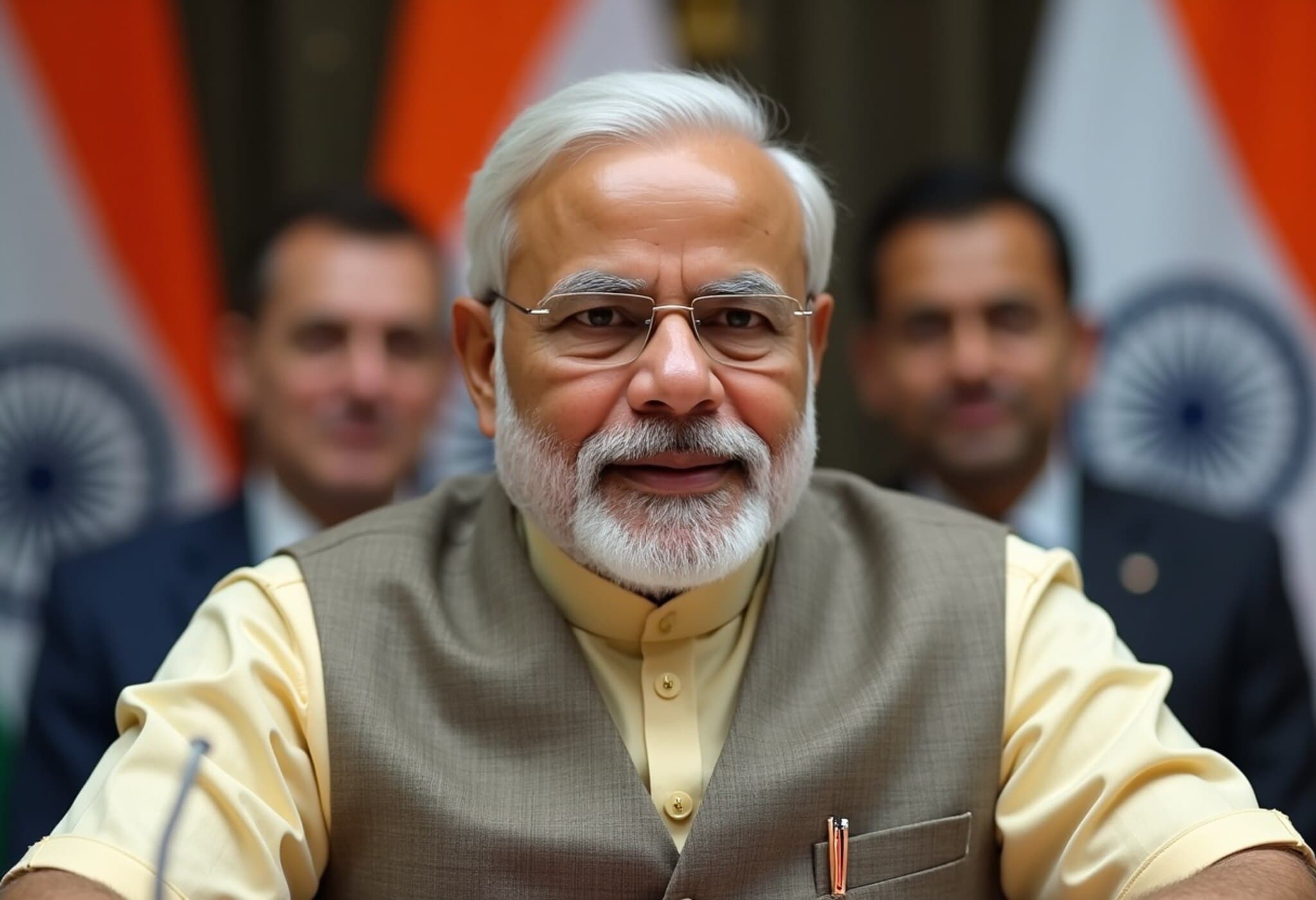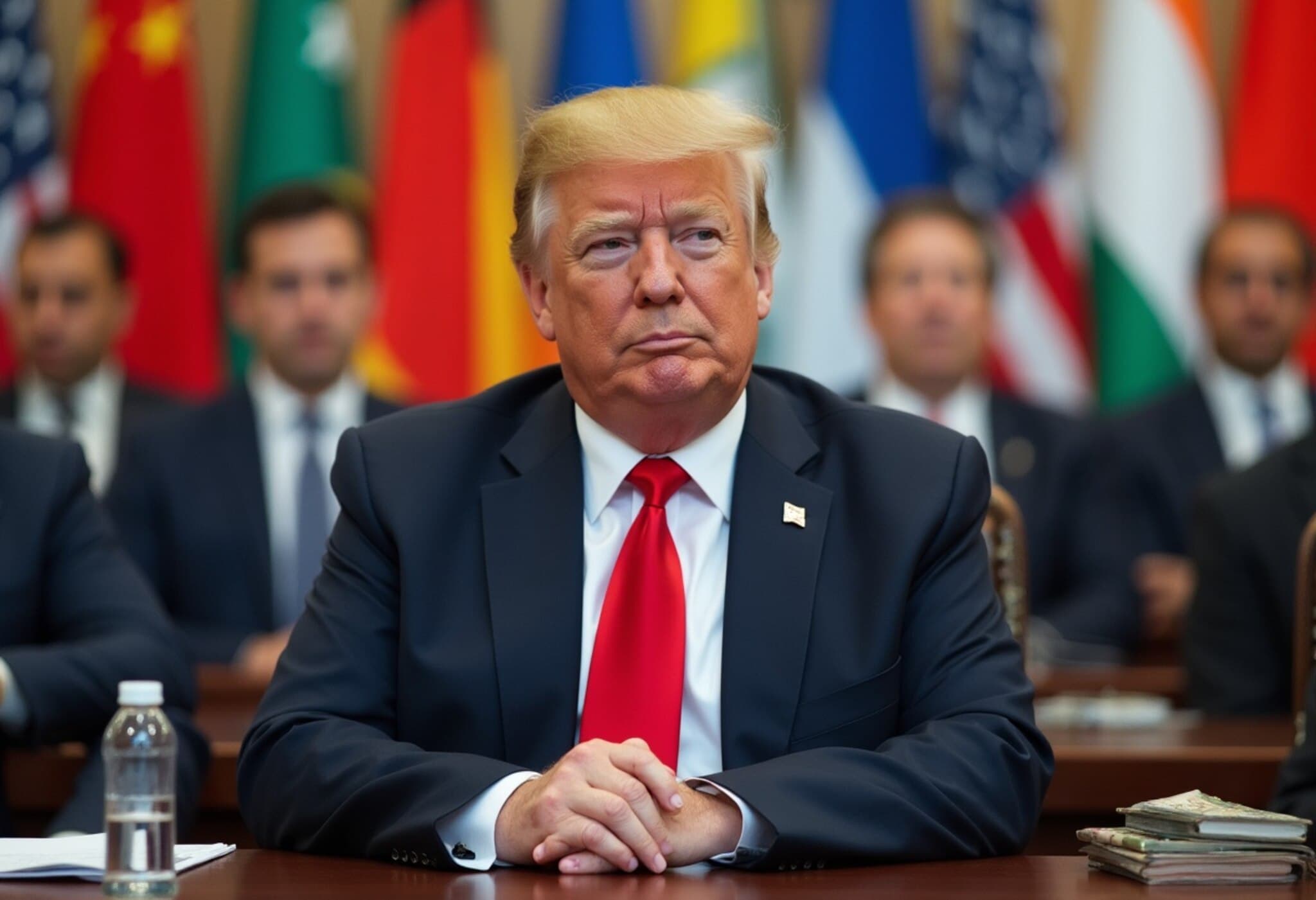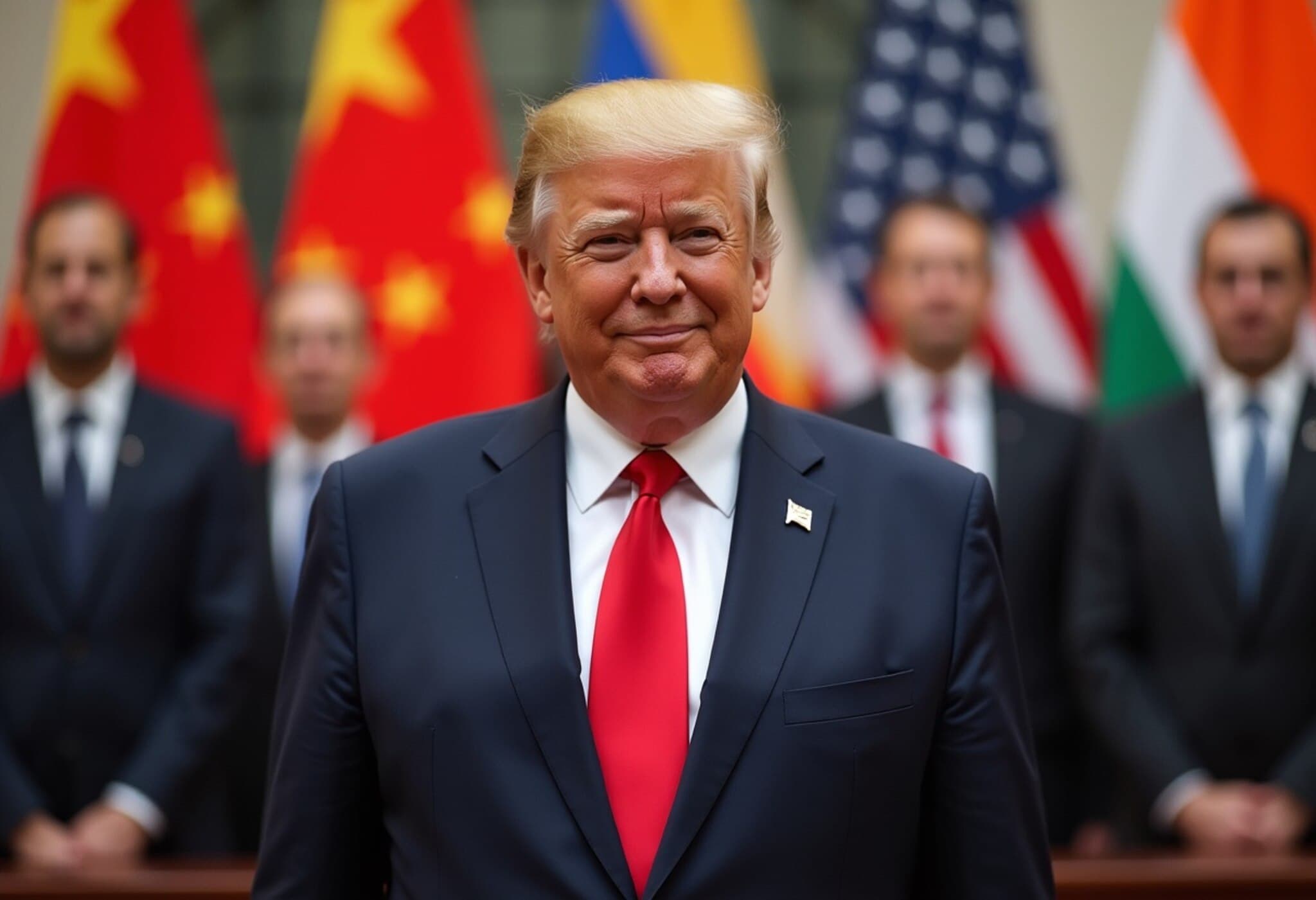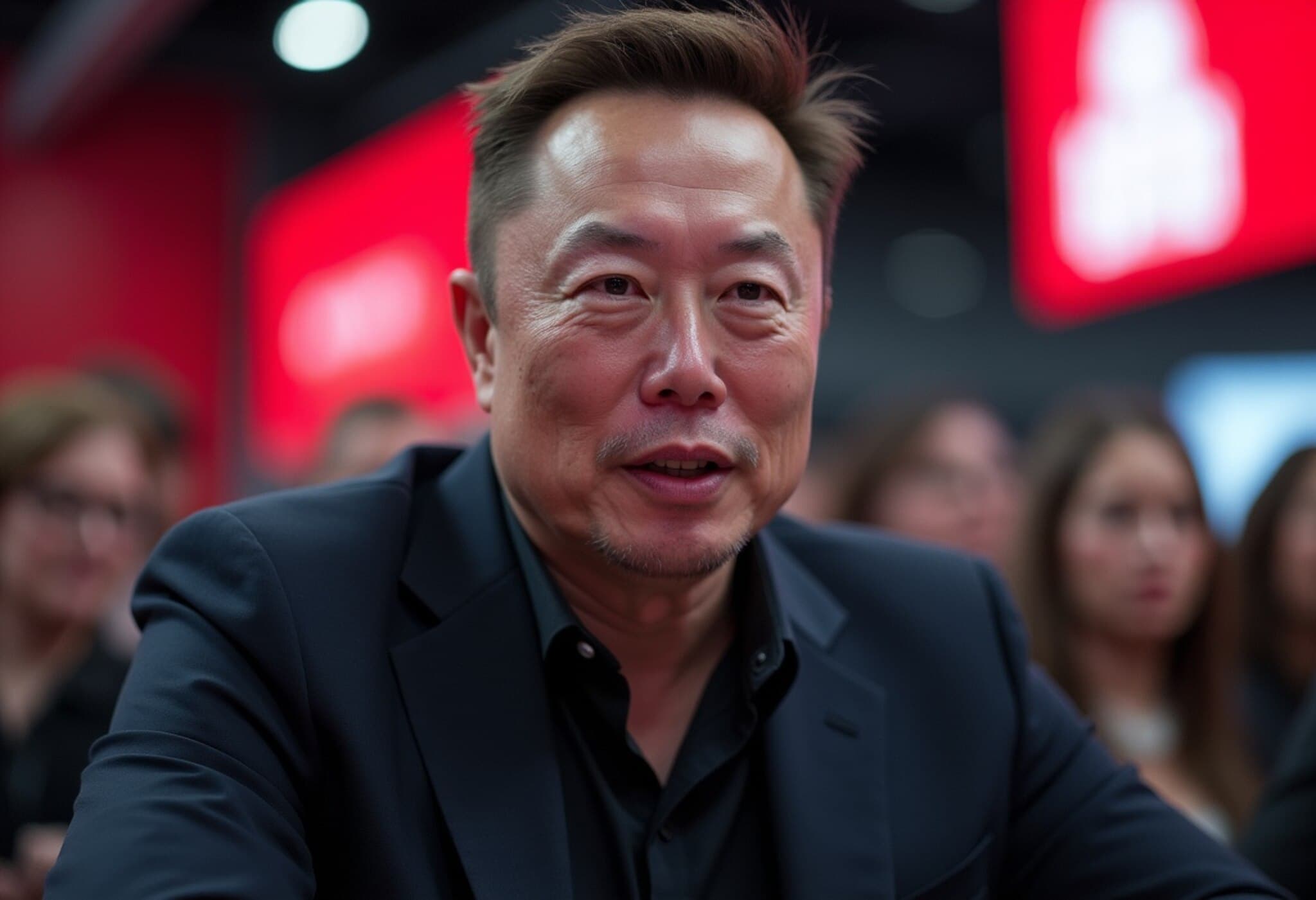BRICS Summit 2025: A New Chapter for the Global South
In the vibrant city of Rio de Janeiro, the 2025 BRICS summit convened with a renewed sense of purpose, bringing together leaders from Brazil, Russia, India, China, South Africa, and newly included members such as Indonesia, Egypt, Ethiopia, Iran, Saudi Arabia, and the United Arab Emirates. This expanded coalition now stands as a formidable voice representing over half the world’s population and nearly 40% of global economic output.
Redefining Multilateralism in a Fractured World
Brazilian President Luiz Inácio Lula da Silva opened the summit by drawing a historical parallel to the Cold War’s Non-Aligned Movement, highlighting BRICS as its modern-day heir. At a time when traditional Western-led institutions face increasing challenges and global powers appear divided, Lula emphasized the bloc’s role in defending multilateral diplomacy and championing the autonomy of developing nations.
“With multilateralism under attack, our autonomy is in check once again,” Lula declared, echoing an urgent call for global governance reforms.
The Changing Dynamics of Global Power
The summit unfolded against the backdrop of waning influence of established groups like the G7 and G20, often hampered by internal divisions and unilateral policies like the previous U.S. “America First” approach. A seasoned Brazilian diplomat noted that while the G7 remains powerful, it no longer holds the predominance it once did, leaving a vacuum that BRICS is steadily filling.
- BRICS growth: From 5 founding members in 2009 to an expanded group today, including key emerging economies and regional players.
- Diplomatic weight: Over 30 countries have shown interest in joining or partnering with BRICS, highlighting its rising global clout.
- Challenges: Managing a heterogeneous group with regional rivalries and diverse economic interests poses complex consensus-building hurdles.
Geopolitical Nuances and Internal Tensions
This year’s summit was marked by notable absences and unique dynamics. Chinese President Xi Jinping delegated attendance to Premier Li Qiang, while Russian President Vladimir Putin participated virtually due to legal constraints related to an International Criminal Court warrant. Nevertheless, Indian Prime Minister Narendra Modi and South African President Cyril Ramaphosa were present in Rio, underscoring the summit’s significance.
Negotiations leading up to the summit revealed underlying tensions, especially concerning the bloc’s approach to conflicts like the Israel-Iran crisis and divergent views on Security Council reforms. The group tactfully endorsed permanent Security Council seats for Brazil and India but left Africa’s representation open, reflecting the complex geopolitical currents within BRICS and the continent.
BRICS and Global Economic Order Reform
BRICS leaders collectively underscored the imperative to modernize global governance structures, including the United Nations Security Council and the International Monetary Fund, to better mirror the multipolar world. President Lula’s remarks advocating for respect for national sovereignty—citing Iran’s territorial integrity—and his critique of U.S.-led military interventions in the Middle East spotlight a broader call for a more balanced international order.
Climate Leadership and Development Goals
With Brazil hosting the upcoming UN Climate Summit, BRICS seized the moment to showcase how developing countries are progressing on climate action, contrasting sharply with the previous U.S. reluctance under the Trump administration. Signs of collaboration between China, the UAE, and Brazil on initiatives like the proposed Tropical Forests Forever Facility offer promising avenues for forest conservation funding and environmental diplomacy.
Looking Ahead: Opportunities and Challenges
The expanded BRICS bloc symbolizes a shifting global landscape where emerging economies assert greater influence. However, its heterogeneous makeup—from regional rivals to diverse economic models—poses challenges for unified strategies. As the bloc seeks to articulate the Global South’s interests on the world stage, its ability to reconcile internal differences will be critical for sustaining momentum and impact.
Expert Insight
From an American policy perspective, BRICS’ strengthened push for reform signals potential shifts in global economic governance that U.S. policymakers cannot ignore. The group’s critique of unilateral protectionism and calls for a more equitable international system may pressure longstanding institutions to adapt or risk diminished relevance. Moreover, BRICS’ climate initiatives hint at an alternative leadership model, juxtaposing Western approaches with emerging strategies from the Global South.
Editor’s Note
The 2025 BRICS summit highlights the complex interplay between rising global south powers and traditional Western institutions. As the bloc amplifies its voice amidst geopolitical and economic tensions, critical questions arise: Can BRICS navigate its internal diversity to present a coherent vision for global governance? How will established powers respond to the challenge of a multipolar world? Observers should watch closely as these dynamics unfold, shaping the future of international relations.

